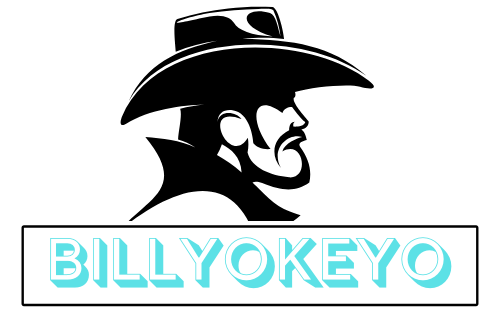In the modern economy, workforce development programs play a crucial role in building strong
communities and empowering individuals. But how can financial support from philanthropic firms
elevate these initiatives and create a lasting impact? Many such programs rely on donations
and funding to deliver essential training, resources, and opportunities to underserved
populations.
Philanthropic organizations like Arnold Ventures, with their financial backing and influence, are
uniquely positioned to help bridge the gap between economic challenges and workforce needs.
Their contributions can provide much-needed support to help individuals develop the skills
required to succeed in the present job market. This collaboration is pivotal for the growth and
success of both individuals and communities.
Providing Critical Resources and Training
Philanthropic support often enables workforce development programs to offer specialized
training and educational resources. Many underserved communities lack access to quality
vocational training, which limits their employment opportunities. Financial donations can provide
the funding necessary for developing tailored programs that meet the specific needs of different
industries and job markets. For example, training in fields like technology, healthcare, and
manufacturing can provide individuals with valuable skills that are in high demand. These
resources empower people to transition into stable and rewarding careers, which reduces
unemployment rates in these areas.
Supporting Access to Employment Opportunities
Beyond training, philanthropic support often helps bridge the gap between training and actual
employment opportunities. Many workforce development programs struggle to create lasting
employment connections for their participants. By funding partnerships with local businesses
and industries, philanthropic organizations can help create job placement programs and
internships for individuals who complete training courses.
● Job Placement Assistance: Philanthropic firms can fund initiatives that match trained
individuals with employers actively looking for skilled workers.
● Internship Opportunities: Internships provide real-world experience, making it easier
for participants to transition from training to full-time employment.
Strengthening Program Sustainability
One of the significant challenges for workforce development programs is maintaining long-term
sustainability. Financial help from philanthropic firms allows these programs to scale and evolve,
thus adapting to changing workforce demands and economic conditions. Without such backing,
many initiatives may lack the funds needed to continue or expand their impact.
Increasing Engagement in Communities and the Social Impact
Philanthropic firms provide funding, foster community engagement, and build social capital.
Their involvement in workforce development programs often brings awareness to important
local issues and encourages other businesses and individuals to get involved. This collaborative
effort increases the social impact of these programs and empowers communities to address
their unique challenges. By investing in workforce development, philanthropic organizations
create a ripple effect that extends beyond just the participants. Entire communities benefit as
people gain new skills, find stable employment, and contribute positively to local economies.
Fostering Innovation and Research
Financial support from philanthropic organizations like Arnold Ventures also encourages
innovation within workforce development programs. Many firms fund research to identify new
trends and methods for improving training effectiveness, making it easier to adapt to various
changes in the modern job market. This innovation keeps workforce programs relevant, which
ensures they are providing the best possible training and resources for participants. Research-
backed insights can lead to the development of the latest training techniques, better curriculum
designs, and more efficient ways to connect job seekers with multiple employers. Philanthropic
support thus drives both creativity and efficiency within workforce development initiatives.
Financial contributions from philanthropic firms play a pivotal role in strengthening workforce
development programs. Their support ensures that communities have access to training, job
placement, and sustainable opportunities for growth. As these programs thrive, they create
lasting change and help individuals build better futures for themselves and their communities.





